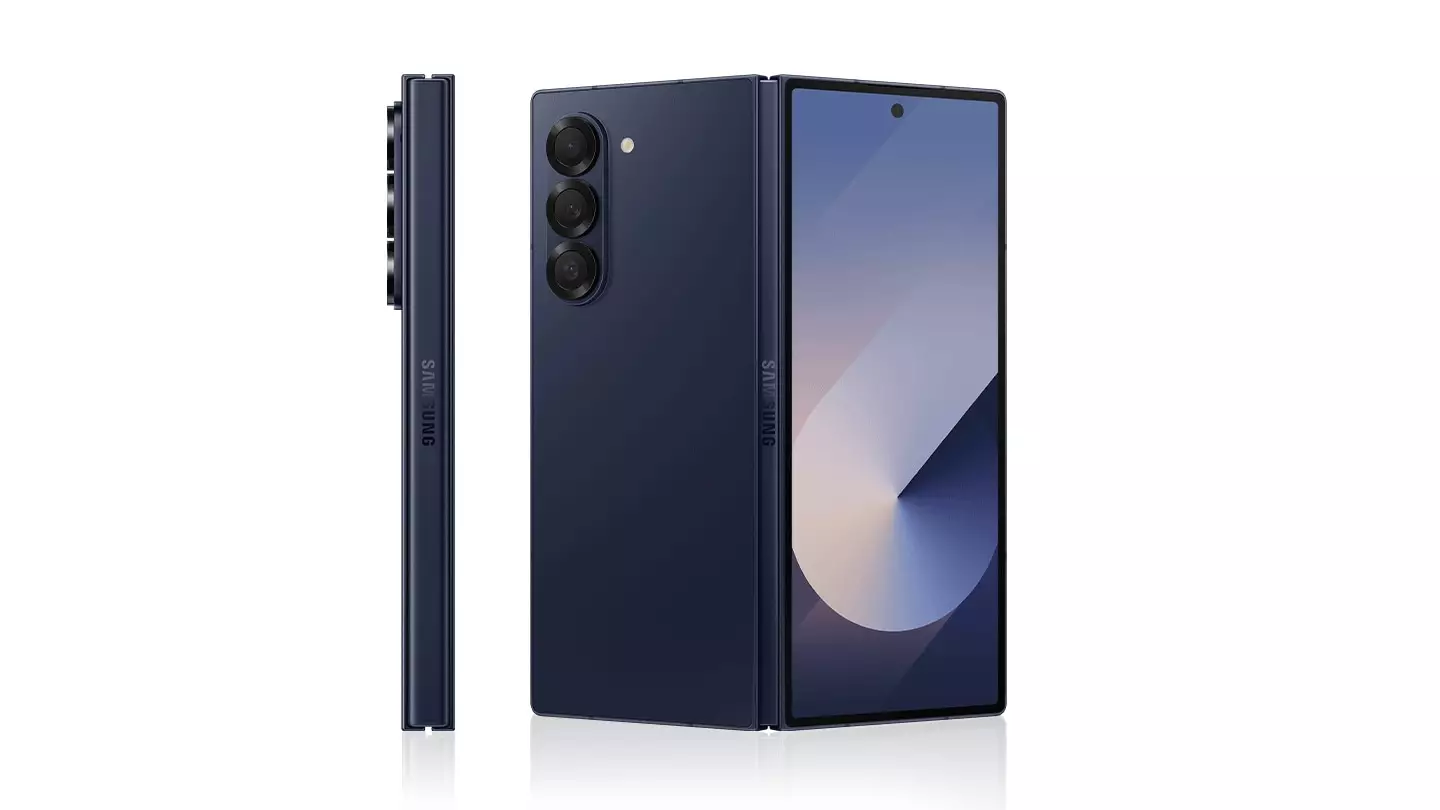Samsung’s upcoming Galaxy Z Fold 7 is shaping up to be more than just another incremental upgrade in the foldable phone market; it symbolizes a rare and refreshing instance of a tech giant responding directly to consumer dissatisfaction. The notable exclusion of the so-called “Saturn Ring” metal camera rings—butchered onto last year’s Galaxy Z Fold 6 and Galaxy S25 series—marks a significant pivot in design philosophy. For those unfamiliar, these thick metallic rings surrounding the camera lenses sparked widespread criticism, being widely perceived as cheap, bulky, and unattractive. The backlash was loud enough to provoke Samsung into scrapping the design for its 2025 flagship foldable. This willingness to pivot highlights a company that’s genuinely listening to its customers—an encouraging sign in an industry often accused of stubborn weariness to constructive feedback.
The Unfolding Design Evolution: Slimmer, Sleeker, Sensible
The leaked renders and insider tip-offs, most notably from known reliable leaker Ice Universe, illustrate a Galaxy Z Fold 7 that pares down unnecessary embellishments in favor of subtler aesthetics. The new foldable reportedly abandons the glossy, intrusive camera ring structure in favor of a cleaner triple camera layout. This subtle design update aligns with modern minimalist trends while simultaneously dispelling the ‘gimmicky’ visual narrative associated with the previous generation. Moreover, the device is expected to be slimmer and lighter than before—measuring just 4.2mm when unfolded and 8.9mm folded, weighing in at 215 grams. This speaks volumes about Samsung’s technical prowess in balancing powerful internals with luxurious ergonomics, which remains a critical battleground in the foldable market.
Most impressively, the Galaxy Z Fold 7 is slated to run on the Snapdragon 8 Elite for Galaxy chipset, promising top-tier performance akin to other flagship competitors. This integration signals Samsung’s intent to dazzle not just with looks but with cutting-edge functionality—an essential combination if foldables are going to gain mass-market acceptance beyond early tech adopters.
Consumer-Centric Innovation Is Samsung’s Unseen Weapon
The smartphone industry rarely sees major design concessions reversed so swiftly once a product launches. Samsung’s move to abandon the “Saturn Ring” design after just one product cycle is indicative of an increasingly consumer-centric approach—something that feels rarely emphasized in major tech companies today. Instead of clinging stubbornly to what the designers initially believed to be an innovation, Samsung’s leadership appears to acknowledge that user sentiment matters deeply in an era where social media feedback can tip product perceptions overnight.
It also points to an evolving business strategy that is more agile and less hierarchical, where public critique isn’t deflected or ignored but integrated into rapid product iteration. In an industry dominated by planned obsolescence and feature gluttony, this restraint and focus on quality user experience is a breath of fresh air and signals maturity in Samsung’s product development ethos.
The Broader Implications for Foldables and Innovation
Samsung’s next Galaxy Unpacked event, scheduled for July 9, will undoubtedly be scrutinized closely, not just for the Galaxy Z Fold 7’s specs but for whether this shift in design signals a broader philosophical change at Samsung. If the “Saturn Ring” incident serves as a case study, it underscores the dangers of over-designing—trying to inject personality or uniqueness at the expense of elegance and customer satisfaction.
Foldable technology is still nascent, with obstacles around durability, cost, and true utility holding back wider adoption. However, Samsung’s leaner, simpler design approach—and its public capitulation on a flawed design decision—could instill greater consumer confidence. It suggests that Samsung values authenticity and style in tandem with innovation, something crucial if foldables are to move from niche luxury gadgets to everyday tools.
This episode also campaigns for a middle ground in tech development—one that embraces bold innovation (foldable screens are hugely challenging) but tempers it with humility and a willingness to course-correct midstream. Samsung’s response to its prior design missteps should encourage the industry to be less egotistical and more accountable to the users who ultimately finance and validate these technological marvels.


Leave a Reply